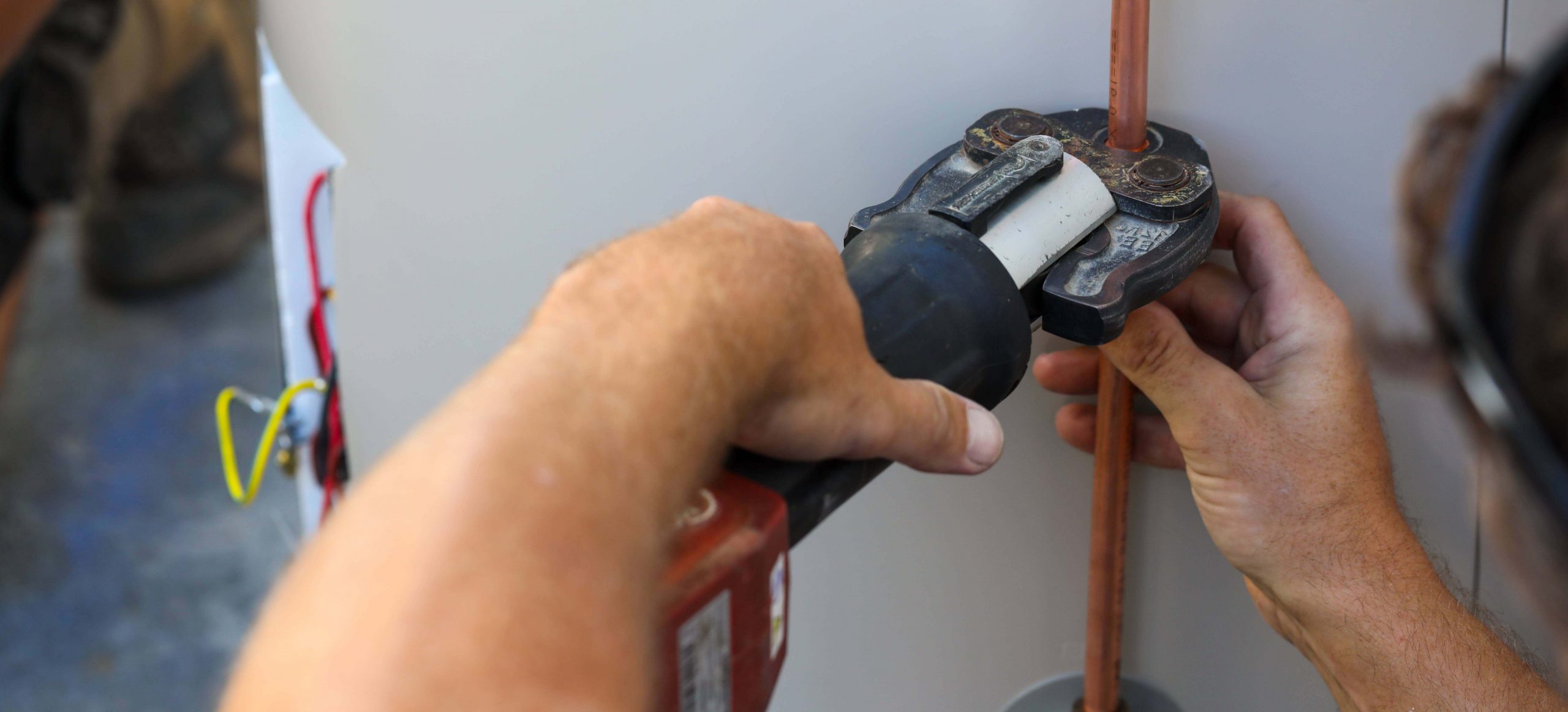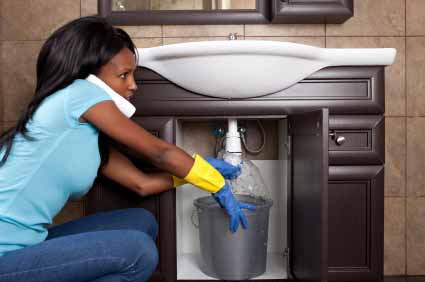Responding to the Everyday Heater Urgent Problems
Responding to the Everyday Heater Urgent Problems
Blog Article
Nearly everybody may have their own individual idea with regards to Warning Signs You Need Water Heater Repairs.

A water heater is just one of one of the most essential basic devices that can be located in a home. With hot water heater, you do not require to undergo the anxiety of heating water manually each time there is a need to take a bath, do the laundry, or the dishes. There is constantly a possibility that your water heater would act up as with a lot of mechanical gadgets.
It is essential to keep in mind any type of little malfunction as well as tackle it promptly before things leave hand. Many times, your hot water heater starts to malfunction when there is an accumulation of sediments as a result of continuous usage. As a safety measure, routine flushing of your hot water heater is advised to stop sediment build-up and also prevent useful failure.
Typical water heater emergencies and exactly how to handle them
Inadequate warm water
It may be that the water heater can not sustain the warm water need for your apartment or condo. You might upgrade your water heating system to one with a larger ability.
Rising and fall water temperature.
Your water heating system can start creating water of different temperature levels generally ice hot or chilly warm. There may be a requirement to change either the thermostat or the heating device of your water heating unit.
Leaky water heater container.
A dripping storage tank could be a sign of corrosion. It can trigger damage to the floor, wall as well as electrical tools around it. You might even go to threat of having your apartment or condo flooded. In this scenario, you should switch off your water heater, allow it to cool, and also very carefully try to find the resource of the issue. Sometimes, all you need to do is to tighten a couple of screws or pipeline connections in cases of small leakages. If this does not function and also the leak persists, you might need to utilize the services of a service technician for an ideal replacement.
Tarnished or stinky water
When this takes place, you need to understand if the problem is from the storage tank or the water source. If there is no funny scent when you run cool water, then you are specific that it is your water heating system that is damaged. The stinky water can be created by rust or the buildup of bacteria or sediments in the water heating unit tank.
Conclusion
Some property owners disregard little caution as well as minor faults in their hot water heater device. This just causes more damage as well as a possible complete malfunction of your appliance. You must handle your water heater faults as quickly as they come near stay clear of even more costs and also unneeded emergency problems.
With water heaters, you don't need to go with the tension of heating water manually every time there is a need to take a bath, do the washing, or the recipes. It might be that the water heater can't sustain the warm water need for your house. Your water heating system can begin producing water of different temperatures typically ice cold or scalding hot. If there is no amusing smell when you run cool water, after that you are particular that it is your water heating system that is faulty. The smelly water can be triggered by corrosion or the build-up of germs or sediments in the water heating unit tank.
Water Heater Burst: Why This Happens And What To Do Next
Water Heater Explosion Warning Signs
Since storage water heaters are made of metal and store large volumes of heated water, they carry an increased risk of leaking or even exploding as they begin to rust at the fittings and seams over time. If the thermostat controlling the water temperature within the tank is faulty, or if mineral buildup inside the water heater prevents the thermostat from sensing the water’s temperature correctly, the water could become overheated. This will expand its volume within the tank, causing it to press at the tank’s fittings and seams. If these fittings and seams are rusted or corroded, the pressure could result in a leak or even an explosion.
Here are some risk factors and warning signs of an increased risk of water heater leak or explosion:
Your water heater is more than 10 years old. Your water heater makes clanking, banging or rumbling noises as it heats up, indicating that sediment has built up and hardened inside the tank. There is visible rust on the outside of the water heater, especially located at the pipe fittings or the seams that run down the tank. There is rusty water coming from your water heater, indicating that there may be rust building up inside. Your water heater is leaking, which could indicate either a crack somewhere in the tank or a malfunctioning temperature-and-pressure (T&P) relief valve. What To Do When Water Heater Leaks
If you find water dripping or seeping out of your water heater, or pooling around it, it means your water heater is leaking. If you find a leak, it may be best to call a plumbing professional to diagnose the problem and determine how best to handle it. If you choose to tackle it on your own, there are a few things you can do.
TURN OFF THE POWER
Next, shut off the power to the hot water tank at your home’s electrical breaker box. If you don’t shut off the power, the heating elements within the tank could continue to stay hot, which could pose a fire risk.
If you have a gas-powered water heater, you’ll also need to shut off the gas line leading into the tank.
FIND THE LEAK
Now it’s time to determine where the leak is coming from. Likely locations are the T&P valve, the drain valve or one of the pipes or fittings that feed into the top of the tank. If you see any rust or corrosion on the outside of your water heater’s tank, pipes or fittings, these could also be the source of the leak.
REPAIR THE LEAK
Once you determine the source of your water heater leak, you’ll have a better idea of what steps you need to take to fix the problem. It may be a simple fix—such as using a wrench to tighten fittings or replacing the T&P valve—but it may be something more complicated. You may even need to drain the tank, remove the water heater and install a new one.
https://www.abchomeandcommercial.com/blog/water-heater-burst/

Do you appreciate reading up on Is Your Water Heater Leaking?? Leave feedback below. We will be pleased to listen to your thoughts about this content. We are looking forward to see you back again before long. Enjoyed our article? Please share it. Let other people find it. I cherish reading our article about Warning Signs You Need Water Heater Repairs.
Access certified emergency plumbing excellence. Report this page